In a dramatic turn of events, President Donald Trump's top trade official, US Trade Representative Jamieson Greer, revealed that he was not informed of the 90-day pause on most new tariffs until after it was announced. This revelation came at the same moment Greer was defending Trump’s stiff tariffs during a House hearing. Meanwhile, Trump declared on his social media platform that the administration would delay the additional tariff hike on dozens of countries by 90 days, with the exception of China. The tariffs, which had gone into effect for mere hours on Wednesday, were the sharpest ever according to data going back 200 years, Fitch Ratings told. Most economists agree that if these tariffs had remained in place, they would have likely resulted in higher inflation and weaker economic growth.
A Sudden Policy Shift
When Democratic Rep. Steven Horsford of Nevada asked Greer when he learned of Trump’s latest tariff move, Greer replied, “Well, I understood the decision was made a few minutes ago.” Horsford remarked, “It looks like your boss just pulled out the rug from under you and paused the tariffs.” Greer then clarified that he was aware the policy change was a possibility Wednesday morning, but when asked directly if he knew the policy was going into effect, he replied that the administration discusses “all kinds of options.”
Commerce Secretary Howard Lutnick said in a post on X that he and Treasury Secretary Scott Bessent were with Trump “while he wrote one of the most extraordinary Truth posts of his Presidency.” This statement led Rep. Jimmy Gomez of California to comment, “We don’t really know who’s running things over there,” highlighting the confusion and lack of clarity surrounding the administration’s trade policy.
The Trade Deficit and Negotiations
During the hearing, Greer reiterated that the US trade deficit is an “emergency” that warrants Trump’s historic overhaul of US trade policy. He emphasized that the president is still open to negotiating with countries and mentioned recent conversations with his counterparts from the European Union, South Korea, Ecuador, and Mexico. Greer told Senate lawmakers on Tuesday that Trump’s blanket tariffs were necessary to combat the overall US trade deficit, even if the stock market languishes and long-time allies are caught in the crossfire. He said Trump’s trade goal is to address foreign countries’ so-called non-trade barriers, which includes regulations that don’t favor US companies.
The US-China Trade War
Meanwhile, the US and China are deep in a tit-for-tat trade war. Tariffs on China were hiked to 125% on Wednesday, effective immediately. Before Trump’s announcement, Beijing had retaliated with 84% tariffs on US imports. Greer acknowledged that almost all countries have announced they’re not going to retaliate against the United States, except for China. He said, “They’ve always given us a hard time, they’ve always limited our access over there and they’re doubling down on that path, that’s an issue of Chinese agency.”
The European Union’s Response
The European Union also fought back against Trump’s tariffs on Wednesday, backing its first countermeasures against the 25% duties Trump imposed on steel and aluminum imports. The European Commission in a statement said it has a “clear preference to find negotiated outcomes with the US, which would be balanced and mutually beneficial.” Republican Rep. Jason Smith of Missouri, chair of the House Ways And Means Committee, claimed that there is “a serious trade problem when it comes to agriculture and the European Union.” Greer responded by saying that it’s fundamentally unfair and structurally unfair, and any kind of agreement or negotiation must have an agriculture component.
The recent developments in US trade policy have created significant uncertainty and confusion. The abrupt pause on most new tariffs, coupled with the sharp increase on Chinese imports, reflects a complex and evolving trade strategy. As the US navigates these challenges, the need for clear communication and strategic negotiations becomes increasingly critical. The coming months will be crucial in determining the long-term impact of these policies on the US economy and its global trade relationships.

By Samuel Cooper/Apr 10, 2025

By Noah Bell/Apr 10, 2025
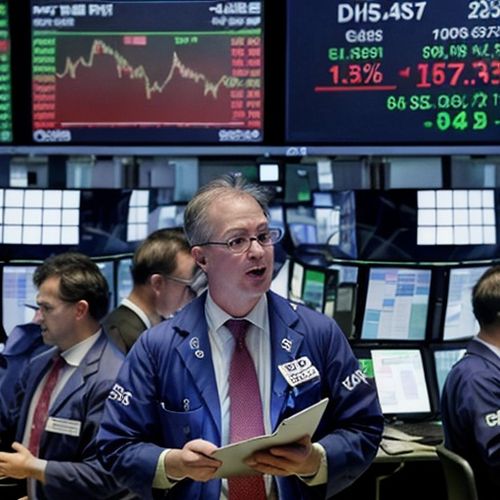
By Sarah Davis/Apr 10, 2025
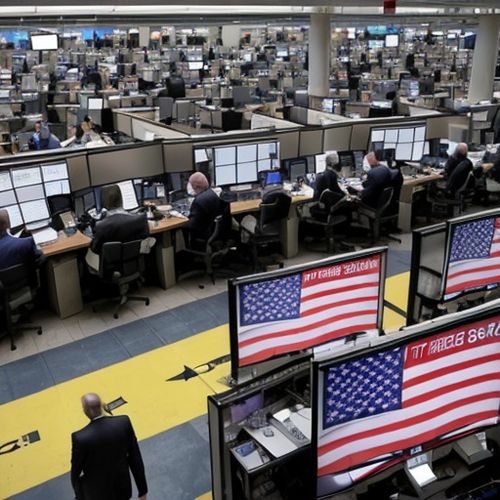
By Noah Bell/Apr 10, 2025
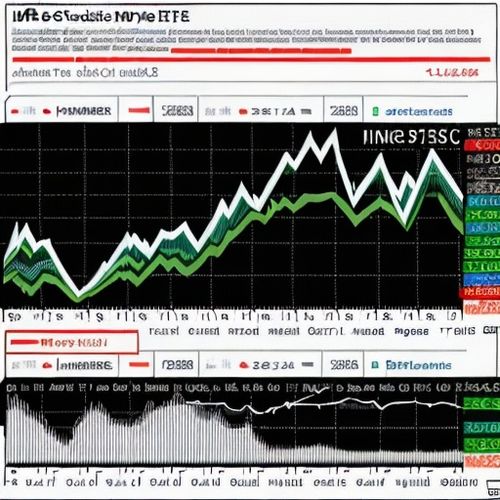
By Rebecca Stewart/Apr 10, 2025

By Lily Simpson/Apr 10, 2025
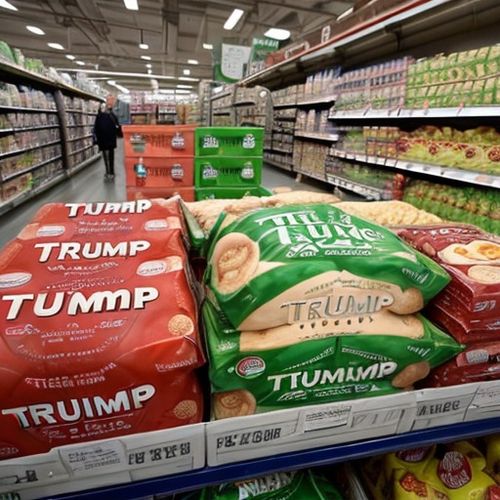
By Christopher Harris/Apr 10, 2025

By Emma Thompson/Apr 10, 2025

By Olivia Reed/Apr 10, 2025
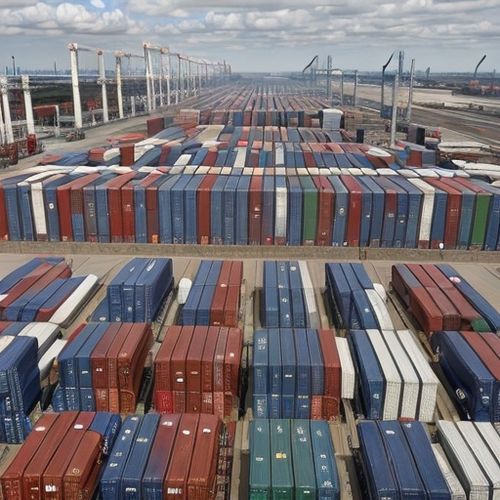
By Eric Ward/Apr 10, 2025
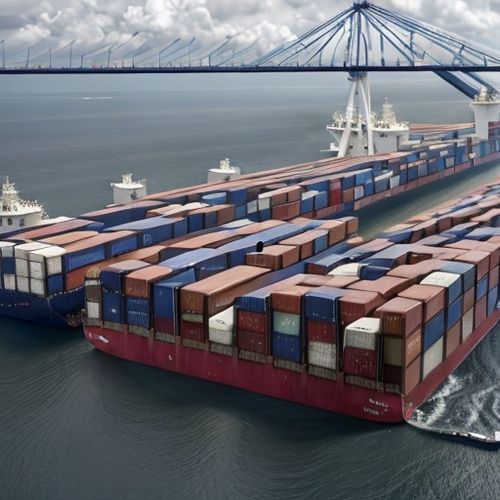
By Victoria Gonzalez/Apr 10, 2025

By Jessica Lee/Apr 10, 2025

By Sophia Lewis/Apr 10, 2025
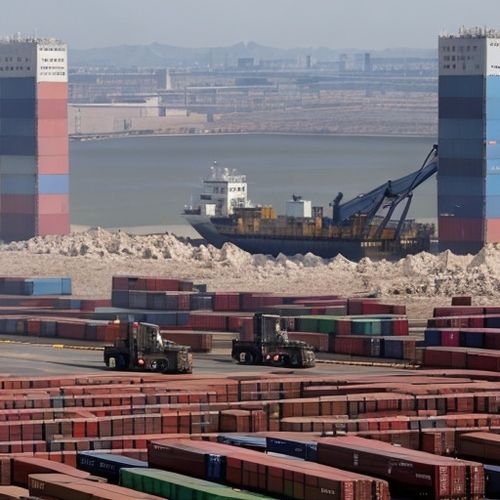
By Eric Ward/Apr 10, 2025
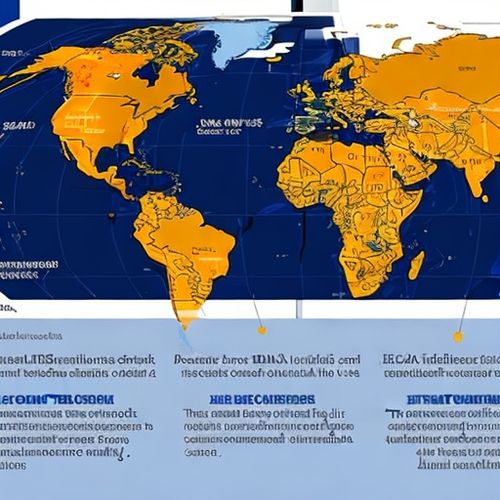
By William Miller/Apr 10, 2025

By James Moore/Apr 10, 2025